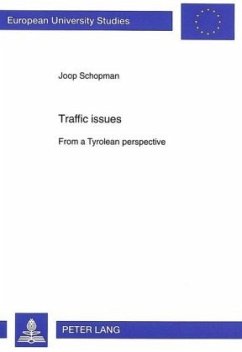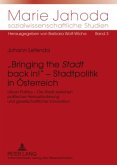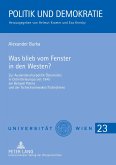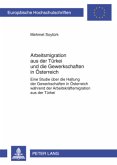Since the second World War there has been an increasing number of vehicles in Europe. This development was initially welcomed as a sign of welfare and progress; it allowed people to go beyond their traditional boundaries. Since the 70s the reactions were not only positive. The side-effects of the volume of cars and trucks became more and more apparent. Politicians were urged to take appropriate measures which proved to be far from easy. This study wants to explore some of the dimensions of the problems as experienced by many people in Tyrol, Austria. The result of it is a precondition for any form of efficient action. Attention has been paid to through-going traffic, to free-time (tourist) traffic, and to the difficulties to stick to the preventive decisions.





